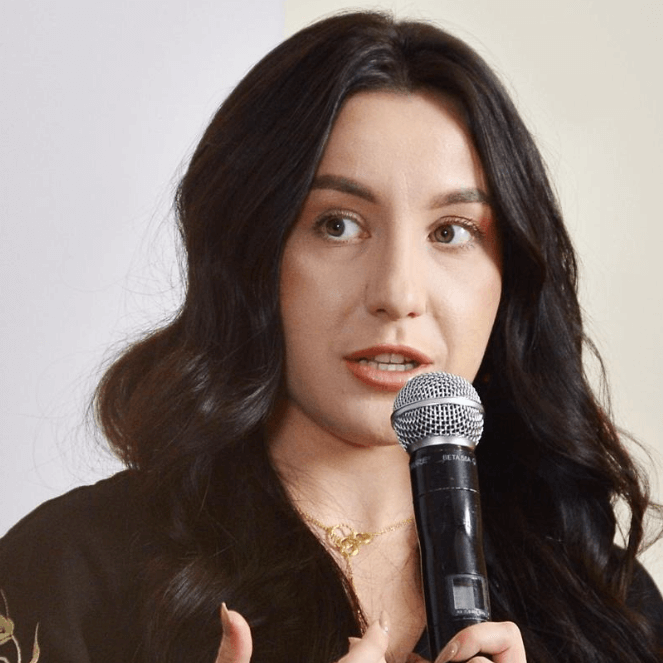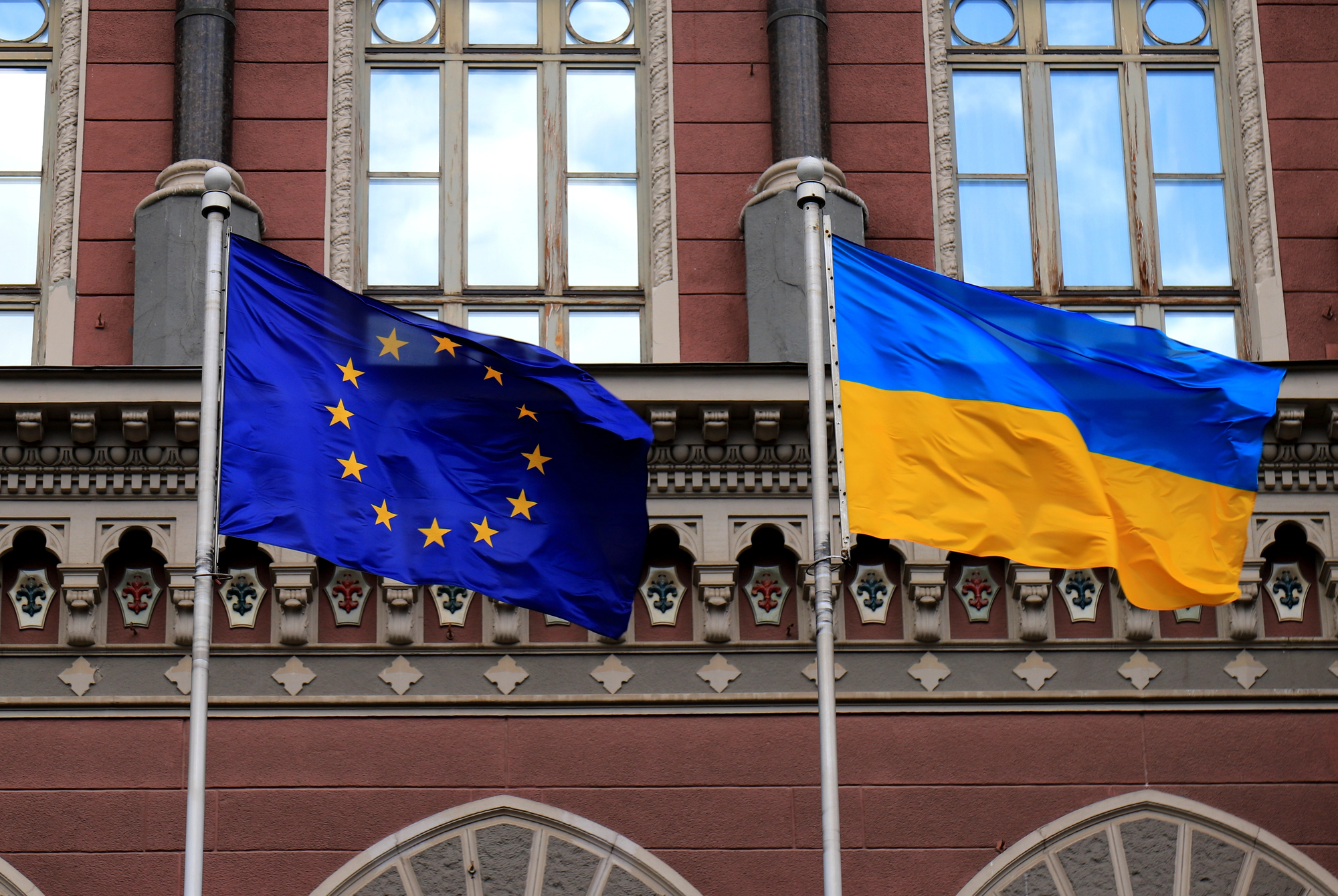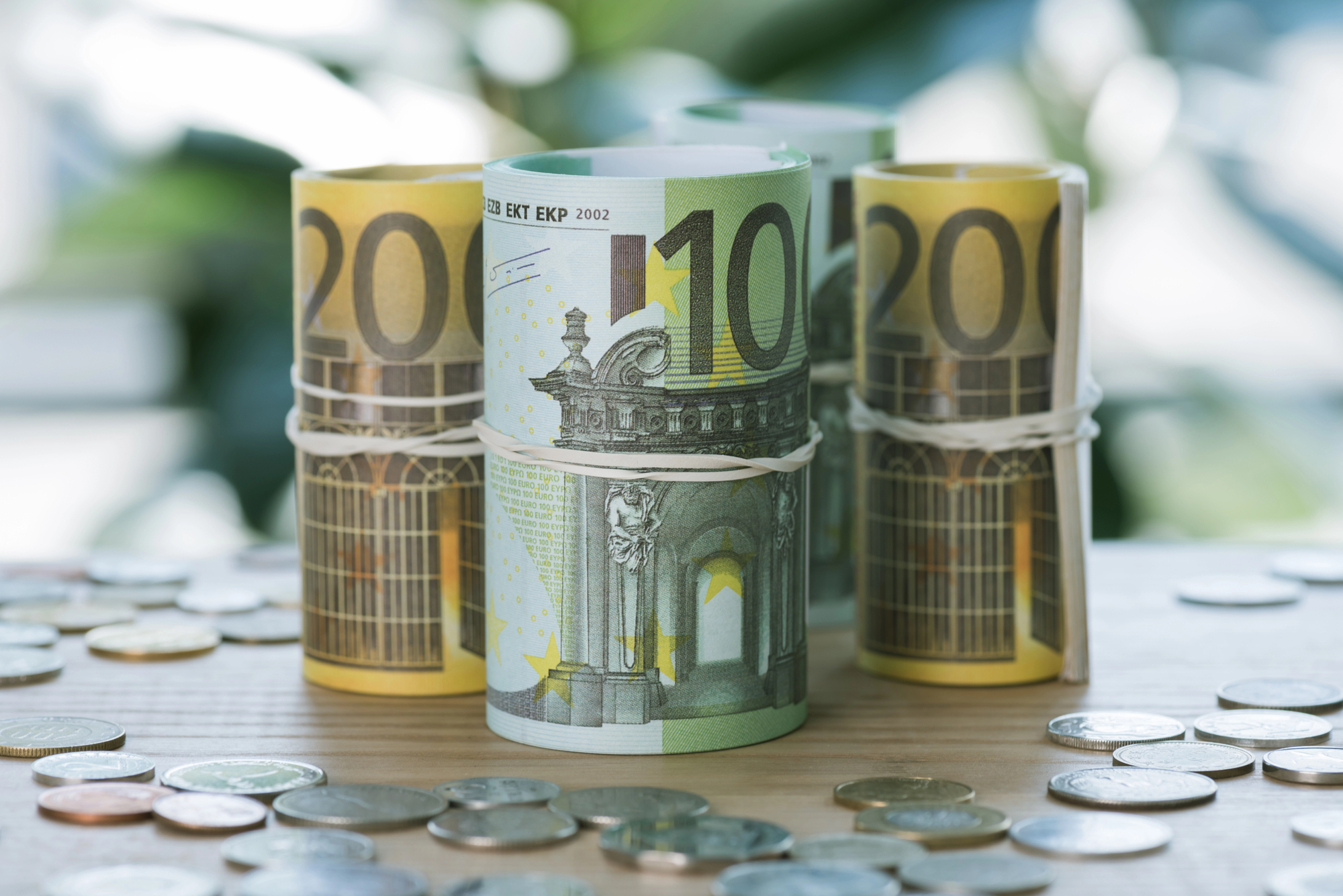In the framework of a joint project of the VoxCheck and the Ukrainian Radio “A percentage of Truth,” we made an analysis of the history of the land market in Ukraine. Why and when the moratorium on sale of farmland was implemented; why everyone has been promising to lift it but hasn’t done it; where is to find legit information about land: prices, statistics, recent news? We figured out all that.
Disclaimer: This material was prepared with the support of the American people through USAID’s project “Media Program in Ukraine” implemented by the international organization Internews. The content is the sole responsibility of VoxUkraine and doesn’t necessarily reflect the point of view of USAID, the US Government or Internews.

There is almost 43 mln ha of agriculture lands in Ukraine – more than two-thirds of the entire country. And most of these lands – little less than 28 mln ha are private units. However, since 2001 the owners of these units can do nothing with them – they can either work on this land or lease it for a non-market price. This happened because then the moratorium on purchase and sale of farmland has been launched. And its work has been prolonged every year by the Verkhovna Rada.
How was the moratorium implemented?
The moratorium on sale of farmland emerged in October 2001. At first, the Law on the Alienation of the Land Portion temporarily prohibited to negotiate purchase or sale deal, to donate the unit or anything else, except for inheritance and repurchase of land for state and public needs. The Land Code set the term for such prohibition – until January 1, 2005. This has become “the moratorium on purchase and sale of farmland”. Thereafter, the “temporary” measure has been prolonged by the parliament 9 times and still in force before another law – on the circulation of farmland – will come into force.
What are the consequences of the moratorium for Ukrainians?
In 2018 the European Court of Human Rights ruled that the moratorium on sale of farmland in Ukraine limits the rights of the landowners. And not only in the right to sell farmland, if he or she doesn’t want or can’t work on it, but also in the right to fully conduct business. For example, because it’s prohibited by law to purchase or to sale farmland, the banks also can’t recognize it as collateral, so you can’t receive a loan “secured on land”. These lands also can’t be included in the authorized capitals of the enterprises. That’s why, for example, if you want to start a business with your neighbour – he gives money to a company, and you give land – you won’t be able to register an enterprise on such conditions.
So, if “the moratorium” is a detriment to the farmers why it can’t be cancelled?
Because currently not all experts and politicians are fully aware of what is happening with farmland with and without the moratorium. For 18 years of its history, the moratorium has become the subject of the many political manipulations.
And here are some of them:
They say that Ukrainian land is unique and should cost tens of thousands of dollars
For example, Yulia Tymoshenko often emphasizes on this statement (10/07/2019, 31:18-31:37)
“A part of our farmland will be bought now at an average of 830 dollars per hectare… If you look at Europe, our land is worth not less than 40 thousand euros”.
But it’s not. Of course, the Ukrainian land in its components is really extremely fertile, and according to the World Bank, Ukraine has almost 30% of black soil reserves of the world. But, is it so unique? In fact, the highest prices per hectare of land in the EU are in Malta and in the Netherlands: almost 55 thousand euros per hectare. Whereas in most Western European countries the prices range from 13,5 thousand euros to 27 thousand euros per hectare, and in Eastern Europe – from 1 thousand euros to just under 5 thousand euros per hectare. It means, 40 thousand euros that Tymoshenko mentions is by no means the minimum price per hectare.
They say that farmland belongs to a state in many countries and Ukraine also must choose this way
This topic is also one of Tymoshenko’s favorites (08/07/2019, 53:35-54:33)
“There is no classic land sale market in other countries. <…> such an agrarian country as Canada with very serious agrarian opportunities and mightiness, 90% of the land is state-owned. In Israel 90% of the land is state-owned. France – 50%. I can even say about the United States – 50%, and every else farmer’s and agricultural producer’s land is in cultivation, in rent <…>”
But this is a manipulation again. In the listed countries – Canada, Israel, France, USA – the land market is open. Of course, each country has its own peculiarities.
In terms of land volumes, Tymoshenko refers to the percentage of all land owned by a state but not agricultural land (% of land from a total area (1) in state ownership and (2) agricultural land below in the table).
| % in a state ownership | % of agricultural land (2016) | |
| Canada | 89 | 6,9 |
| Israel | 93 | 24,6 |
| France | missing data | 52,4 |
| USA | 28 | 44,4 |
89% of land in Canada belongs to the state but this is predominantly non-agricultural land while agricultural land is only 7% of the entire Canadian territory. According to Statistics Canada, 61,5% of Canadian farmland belongs to those, who work on it. This can be both state and private investors.
There are also manipulations with other countries that Tymoshenko mentioned. For example, most of the land in Israel is actually owned by the state along with agricultural land. 93% of the land in Israel is indeed state-owned but this is due to the fact that the state practically doesn’t sell the land. 7% of land in Israel is not under public control and foreigners, as well as private investors can buy it.
In France, as in other EU countries, the land market is open.
In the US the federal government (or the state) owns about 28% of all land in the state, these lands have different purposes – mainly the protection of nature, recreation and development of natural resources.
They say that after the opening of the market foreigners and oligarchs will buy out all lands.
We couldn’t even pick one speaker for this myth – the politicians have repeated it so often. But this is a manipulation. As for foreigners, the Land Code has restrictions on those, who can buy agricultural land: only Ukrainians and Ukrainian companies. Therefore, foreigners would still have to register a company in Ukraine. And to make a long-term investment in the country with war, incomprehensible taxation system, corruption, the discredited judicial system is a dubious pleasure for foreign investors.
As for oligarchs, it really can be a risk. But the assets of the TOP-100 richest Ukrainians in 2018 are slightly exceeded $37 bln, and the estimated cost of 27 mln ha of units under the moratorium is from $27 to $270 bln. It means that oligarchs will have to sell all their business to buy the whole of Ukraine. But is it necessary for oligarchs? And would all landowners want to sell all the land?
Have they tried to make a land market before? Of course.
But this issue has no support from the Ukrainians. According to the poll of the Sociological group “Rating” that was held in June 2019, 68% of the Ukrainians would have voted against the referendum on the purchase/sale of agricultural land. 20% would have supported the referendum and another 12% have not decided.
Despite this, on December 4, 2018, then-President Poroshenko signed a law to extend the land moratorium until 2020 – but in the law mentions that the Cabinet of Ministers of Ukraine should have drafted and submitted to the Verkhovna Rada of Ukraine a draft of the law on the circulation of agricultural land until March 1, 2019, ie. six months ago. However, the Cabinet of Ministers has not yet introduced such draft.
And President Volodymyr Zelensky has already issued an instruction on who and what should do, and the agricultural land market has worked shortly. The government has to draft and submit to the parliament a draft law on the agricultural land market – until October 1, 2019. And by December 1, the law should work after its adoption in the Verkhovna Rada.
Where to seek the truth?
To avoid manipulations and lies about the opening of the land market and the moratorium on agricultural land sales, you can use the following sources:
- data of the State Service of Ukraine for Geodesy, Cartography and Cadastre – better known as StateGeoCadastre. The Service annually publishes data on land lease and sale. Also, StateGeoCadastre makes “Overview of the condition of land relations in Ukraine”, where you can see how much lands are owned by individuals, and how much lands are owned by the state;
- the World Bank statistics. In the section “Agricultural & Rural Development” you can see the area of agricultural land in the countries of the world;
- data of the United Nations Food and Agricultural Organization (FAO) on agricultural lands and their cultivation;
- the Law of Ukraine “On Agreements on the Alienation of a Land Portion” and the Land Code of Ukraine that illustrate the history of the moratorium: when it was introduced and how many times it was prolonged;
- on the website of the Verkhovna Rada in the section “Legislation” by keywords, you can find the draft laws that the parliamentarians of all convocations propose to settle the land issue in Ukraine.
To understand the benefits of opening the land market in Ukraine will help the articles of such experts:
- Oleg Nivievskyi, a professor at the Kyiv School of Economics. He writes mainly about the losses of the Ukrainian economy because of the moratorium on the agricultural land sale and about expected results from its removal;
- Denys Nizalov, a director of the project “The support of the reforms in agriculture and land relations in Ukraine” of the Kyiv School of Economics. His articles are also devoted to assessing the losses from the moratorium and the benefits of opening up the land market;
- Sergiy Kubakh, a specialist in land cadastre, real estate registry, land management, geoinformation systems and in the creation of the spatial data infrastructure. In his articles he analyzes the conditions under which the land market will operate most efficiently;
- Dmitry Yablonovsky, Deputy Director of the Center for Economic Strategy. He writes, in particular, about the prospects of opening the land market and the possible benefits of its operation.
Attention
The authors do not work for, consult to, own shares in or receive funding from any company or organization that would benefit from this article, and have no relevant affiliations




